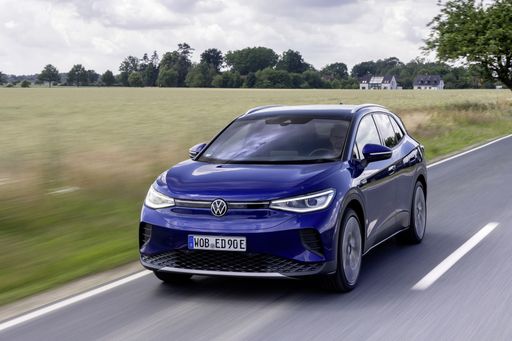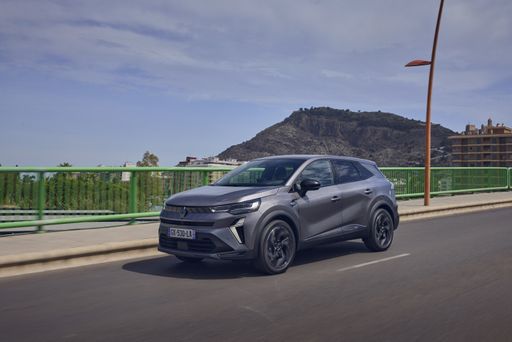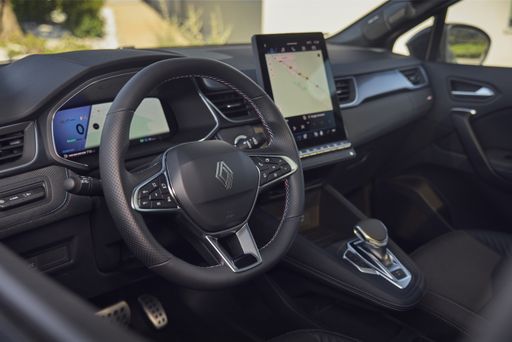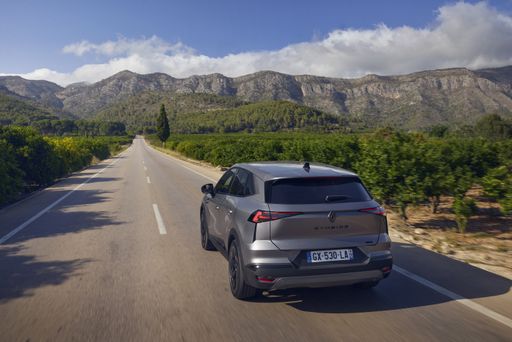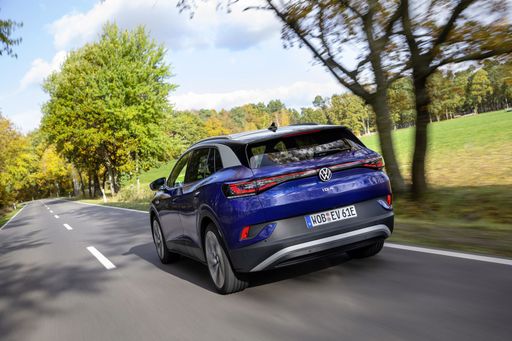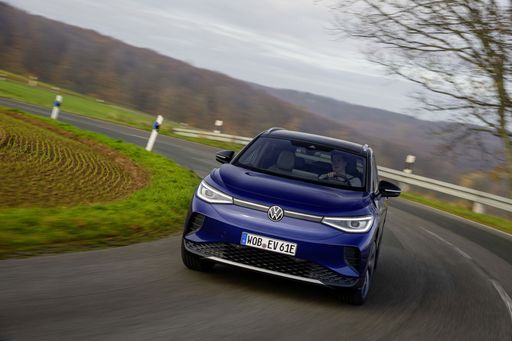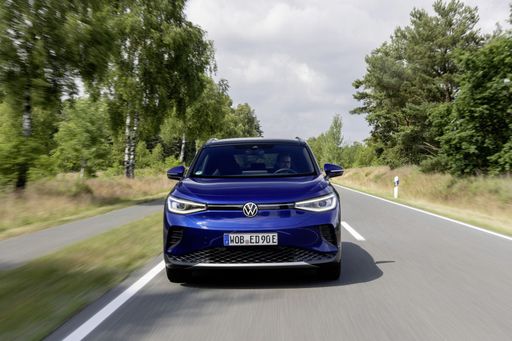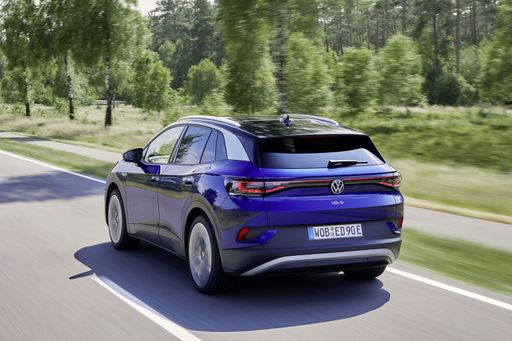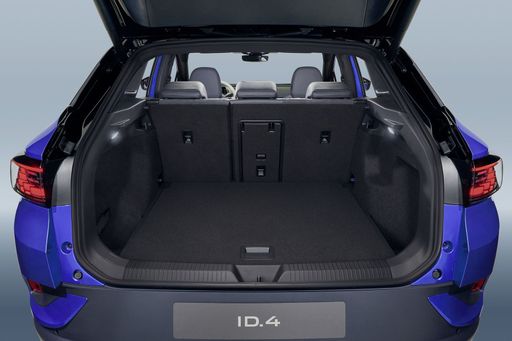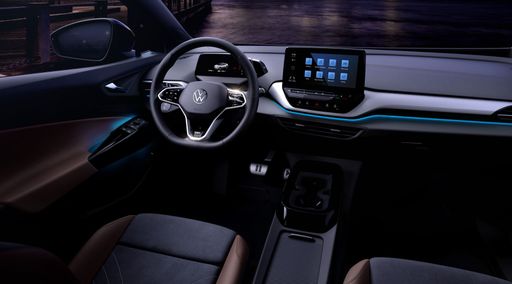Renault Symbioz vs. VW ID.4: The Future of SUVs on the Road
In the ever-evolving world of automotive technology, the Renault Symbioz and the VW ID.4 represent two giants taking distinct approaches to the modern SUV. Both vehicles encapsulate innovative design and performance, yet they diverge considerably in their technical aspects and the driving experiences they offer. Let's dive deeper into what makes each of these striking SUVs a contender for your next vehicle choice.

